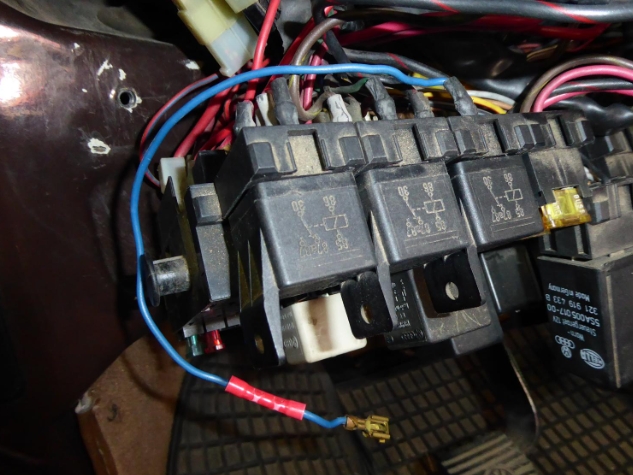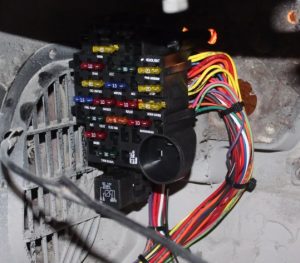Motor protection is a critical aspect of electrical systems, ensuring the safe and efficient operation of motors. While Miniature Circuit Breakers (MCBs) are commonly used for circuit protection, they have limitations when it comes to motor protection. In this article, we will delve into the reasons why MCBs are not the ideal choice for motor protection, exploring their shortcomings and offering alternative solutions.
- Inadequate Overload Protection:
MCBs are primarily designed to protect against short circuits and overcurrents. However, they are not optimized for providing precise and reliable overload protection for motors. Motor loads can vary significantly, and MCBs may not accurately detect and respond to these variations, leading to potential motor damage or failure. - Limited Fault Discrimination:
Motor faults can occur due to various reasons, such as phase imbalances, ground faults, or locked rotor conditions. MCBs lack the ability to discriminate between different types of motor faults, making it challenging to identify and address specific issues promptly. This limitation can result in prolonged downtime and increased maintenance costs. - Inefficient Thermal Protection:
Thermal protection is crucial for preventing motor overheating, which can cause insulation breakdown and motor failure. MCBs rely on bimetallic strips or electronic trip units to detect excessive heat, but their response time may not be fast enough to prevent damage. Moreover, MCBs often lack the ability to accurately measure and monitor motor temperature, limiting their effectiveness in providing comprehensive thermal protection. - Lack of Motor-Specific Features:
Unlike dedicated motor protection devices, MCBs do not offer specialized features tailored to motor applications. For instance, motor protection relays provide advanced functions like motor start-up control, load monitoring, and phase sequence protection. These features enhance motor performance, prolong motor life, and minimize the risk of motor-related issues. MCBs, on the other hand, lack such capabilities, making them less suitable for comprehensive motor protection. - Insufficient Coordination with Motor Starters:
Motor starters play a crucial role in controlling and protecting motors during start-up and operation. However, coordinating MCBs with motor starters can be challenging due to differences in their trip characteristics and response times. This lack of coordination can lead to nuisance tripping, inadequate protection, and compromised motor performance.
Conclusion:
While MCBs are widely used for circuit protection, they are not the optimal choice for motor protection due to their limitations in overload protection, fault discrimination, thermal protection, lack of motor-specific features, and coordination issues with motor starters. To ensure reliable and effective motor protection, it is advisable to consider dedicated motor protection devices such as motor protection relays or electronic overload relays. These devices offer enhanced functionality, precise protection, and better coordination with motor starters, ensuring the longevity and efficiency of motor-driven systems.




+ There are no comments
Add yours